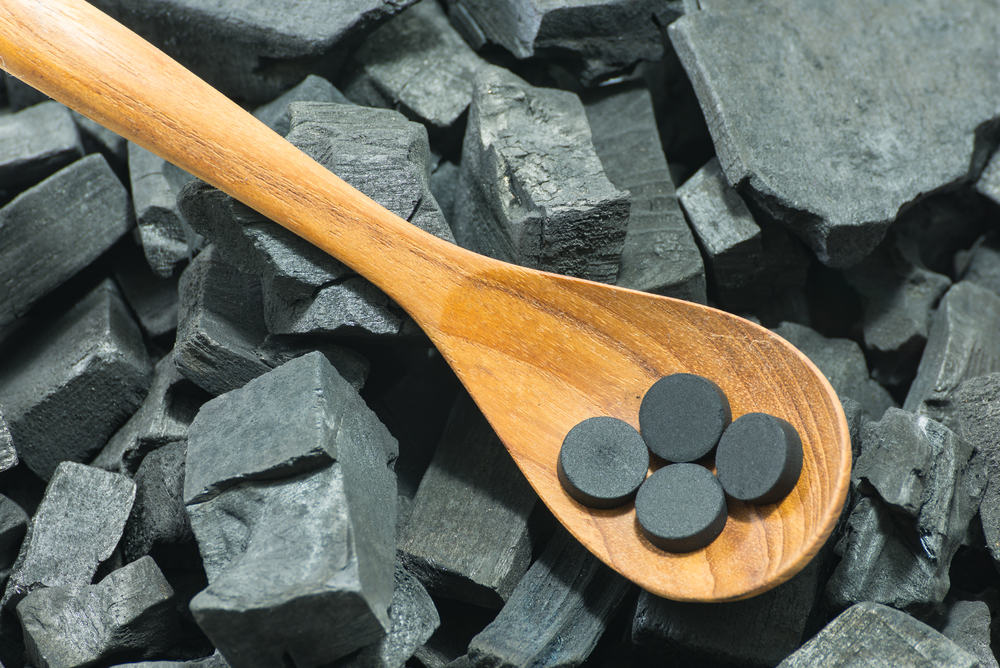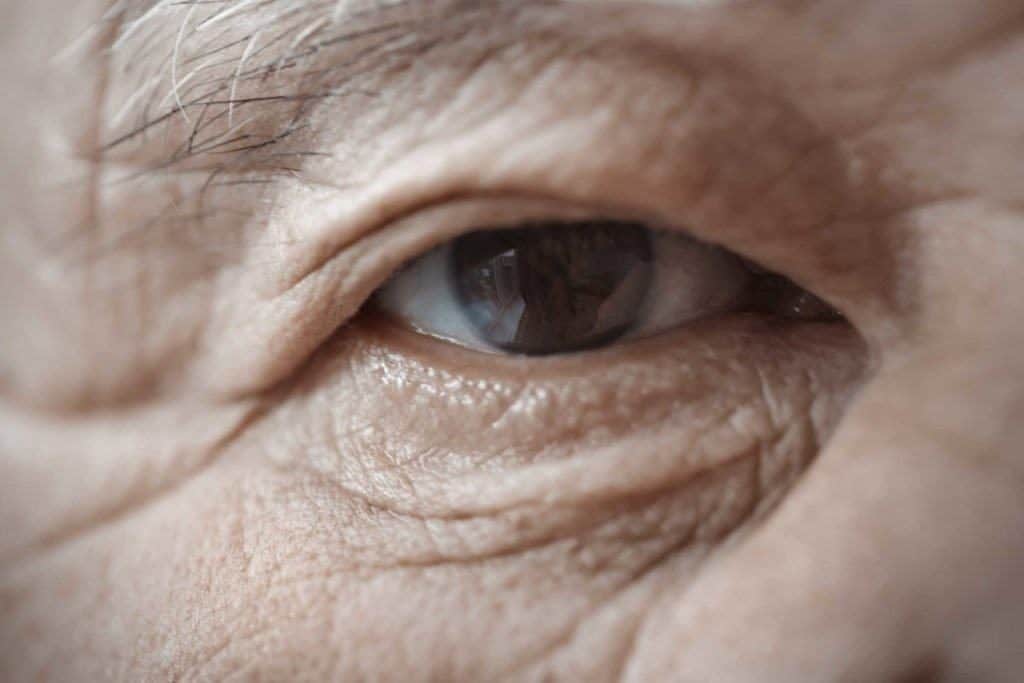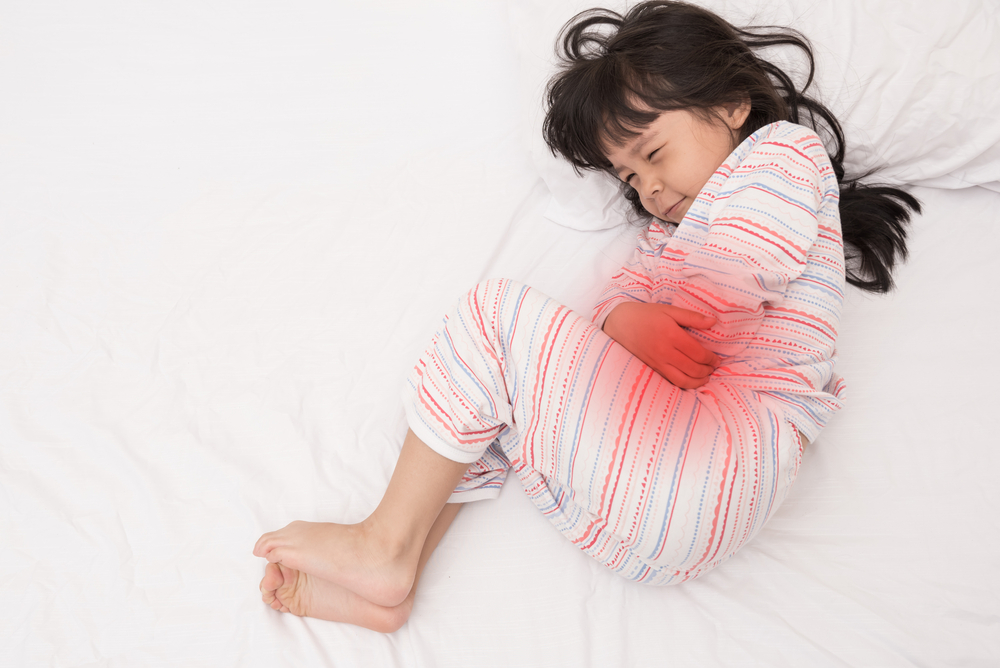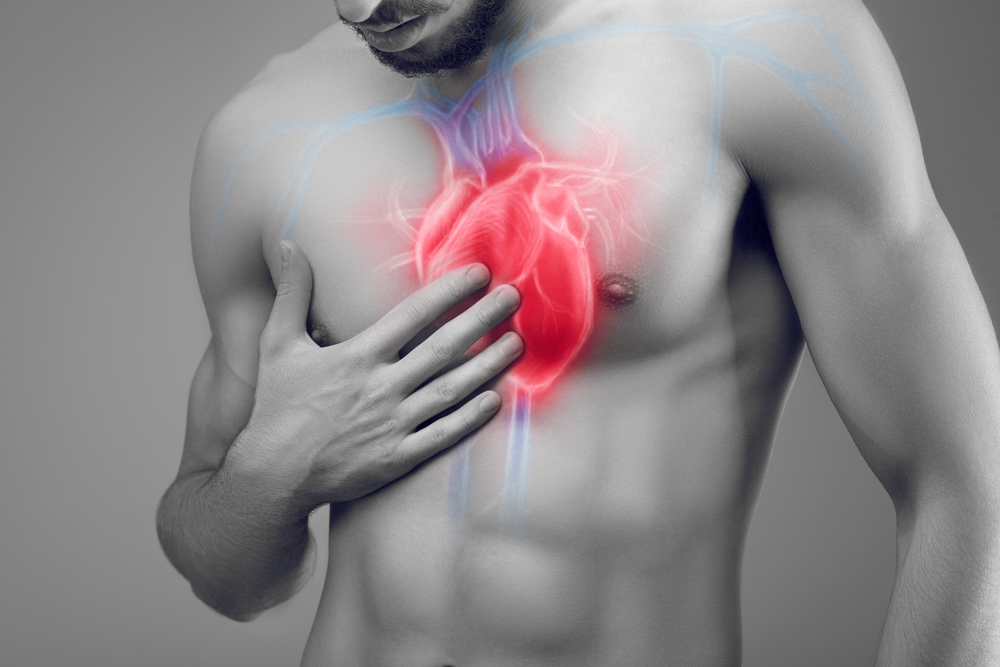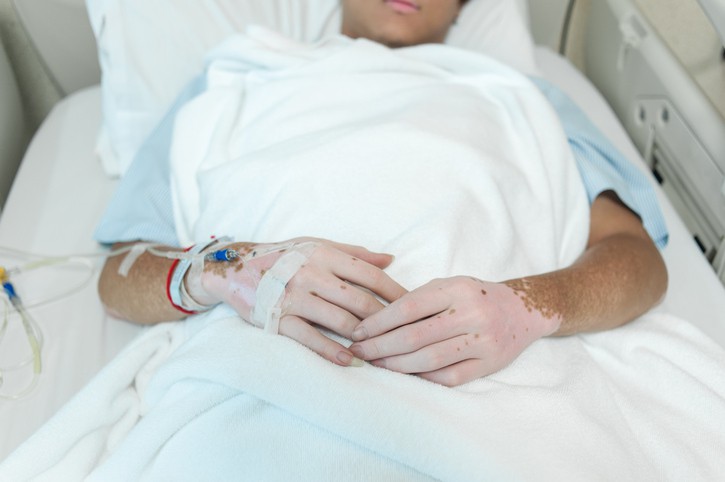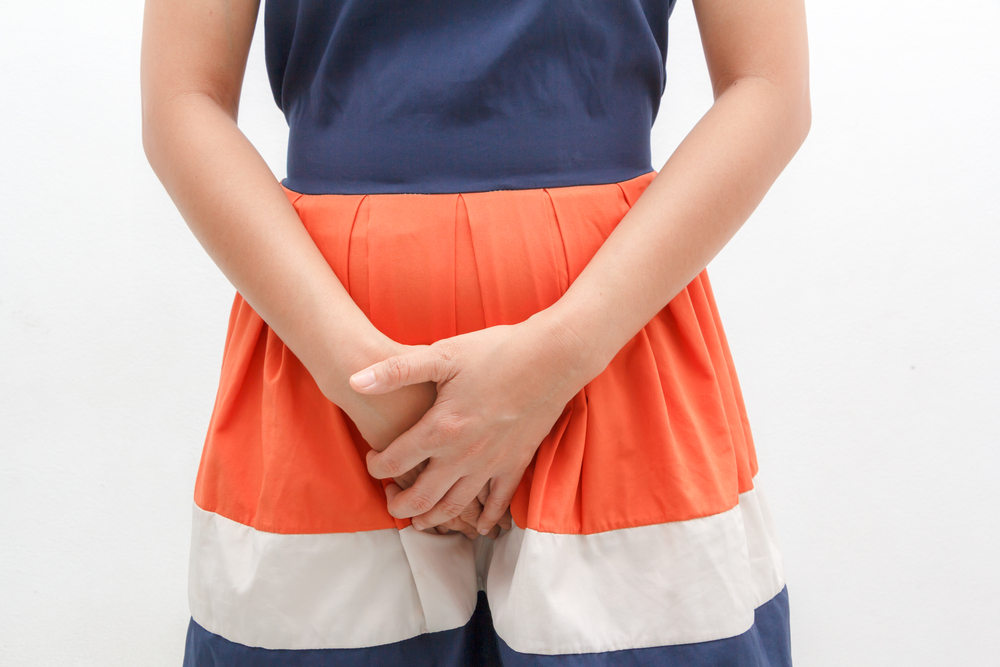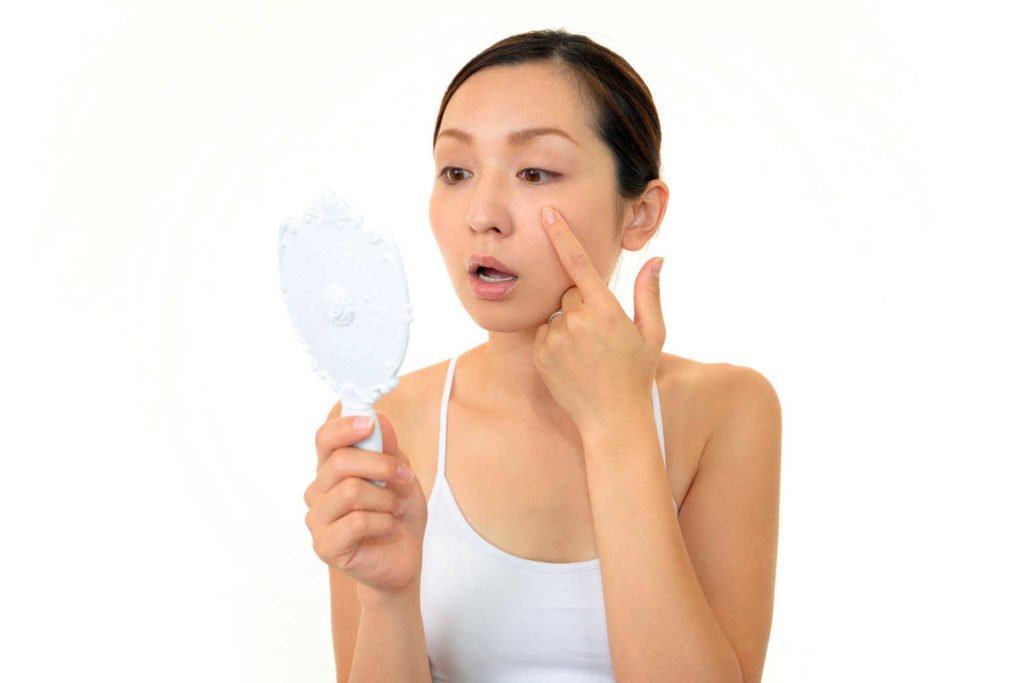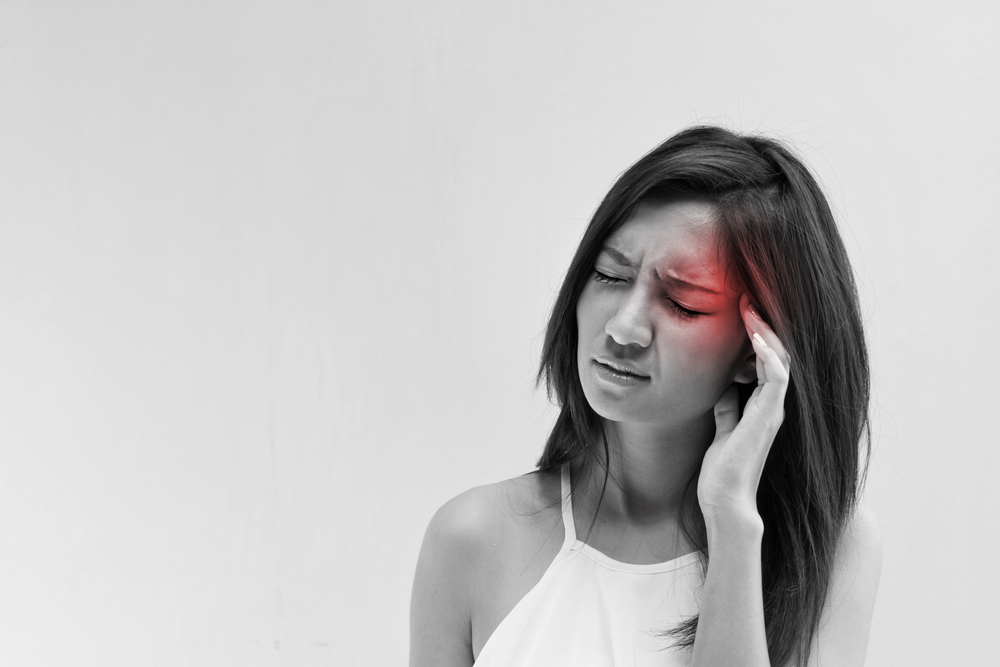Contents:
- Medical Video: Benefits of Activated Charcoal | Dr. Josh Axe
- What is active charcoal?
- How does active charcoal work?
- What are the benefits of active charcoal?
- Is it effective to use charcoal to detoxify poisons?
- Are there side effects of active charcoal in food or drinks?
Medical Video: Benefits of Activated Charcoal | Dr. Josh Axe
Foods and beverages containing active charcoal are now increasingly available on the market. Although the color is jet black, foods mixed with active charcoal are claimed to provide health benefits in the detoxification process. But what exactly underlies the trend of food containing this active charcoal?
What is active charcoal?
In 1831, Progressor Touery drank a deadly dose of strychnine in front of his colleagues at the French Academy of Medicine. However, Professor Touery drank the poison along with active charcoal so that the poison did not cause a deadly effect. Since then active charcoal has begun to attract the attention of the medical community.
Charcoal can be made from coal, wood or other substances. Charcoal is called active when processed using high temperatures combined with gas or other oxidative substances that function to expand the surface area of the charcoal. Simply put, active charcoal acts as an emergency decontamination in the digestive tract. Active charcoal is usually used to handle emergencies such as first aid during poisoning, because it can help prevent toxins from being absorbed by the body.
How does active charcoal work?
Active charcoal absorbs several types of compounds that can be toxic to the body. The process that occurs between active charcoal and toxins in the body is adsorption. Unlike absorption, adsorption is a process in which atoms and molecules move or attach to a solid or liquid substance. In other words, poisons will stick to the surface of charcoal, and because charcoal is not "digested" by the body, charcoal that carries these poisons remains in the digestive tract. Charcoal, which has bind poisons, will then be disposed of along with food scraps.
But if the poison has been absorbed by the digestive tract (no longer in the stomach or intestine), active charcoal can no longer bind and eliminate poisons.
What are the benefits of active charcoal?
Its main function is as an emergency treatment of poisoning or overdose. But not all types of poisoning can be handled by active charcoal. Poisoning of corrosive compounds such as alkalis, strong acids, iron, boric acid, lithium, petroleum products (such as cleaning fluids, fuel oil, kerosene, and thinner / thinner), and alcohol cannot be overcome with charcoal alone.
Is it effective to use charcoal to detoxify poisons?
Currently food and beverages containing active charcoal are increasingly prevalent in the market. The main claim is usually to assist the detoxification process and eliminate the residual substances of the body's metabolism, this claim is based on the nature of the active charcoal described earlier. But what people know as detox today may be different from the detox process in the medical world. In the medical world, detox is a treatment to treat poisoning that is already in dangerous stages such as drug poisoning, alcohol, metals, and other toxic compounds.
The provision of charcoal is included in medical actions to deal with poisoning cases. Although how effective active charcoal works for drugs or poisons is not fully scientifically proven, the use of active charcoal remains included in one of the procedures for handling poisoning cases.
Are there side effects of active charcoal in food or drinks?
If you are not experiencing severe poisoning, consuming active charcoal regularly may not be a good idea. As quoted by the Daily Burn, Dr. Linda Fan of the Department of Emergency Medicine at SUNY Downstate Medical Center said that active charcoal does not have a specific mechanism just to absorb toxins, but also absorb compounds that function for the body such as vitamins and nutrients, even your usual medicines. consumption. Dr. Linda Fan also suggests asking professional advice regarding the use of active charcoal because charcoal may be effective in overcoming poisoning emergencies, but that does not mean it is safe to use without the direction of a medical officer.
In addition, because it is not specific in absorbing certain compounds, if mixed in food or drink, charcoal can bind with vitamin C, niacin, pyrodyxin (vitamin B6), thiamine (vitamin B1), and biotin. So this makes the food or drink you consume may lose the important nutrients contained in it.
But you don't need to worry, because charcoal which is usually mixed in food or drinks amounts to very little. Although there is no suggestion of charcoal dosage that should be consumed by a person, usually in handling poisoning, the amount of charcoal given is very large (can range from 5-10 tablets per consumption).
The addition of charcoal in food or drinks does not necessarily provide the 'detoxification' effect that you want, because in addition to the amount that tends to be very small, the benefits and effects of daily consumption have not been widely studied. You might want to reconsider before regularly consuming products labeled as active charcoal as foods or drinks that you will consume daily. If you do not have health complaints, your body's organs have been designed to detoxify themselves through various mechanisms.
READ ALSO:
- 4 Types of Popular Diet and Minus Plus
- Is Gluten Free Diet Really Healthier?
- Get to know the DASH Diet, Special Diet for Hypertension Patients

